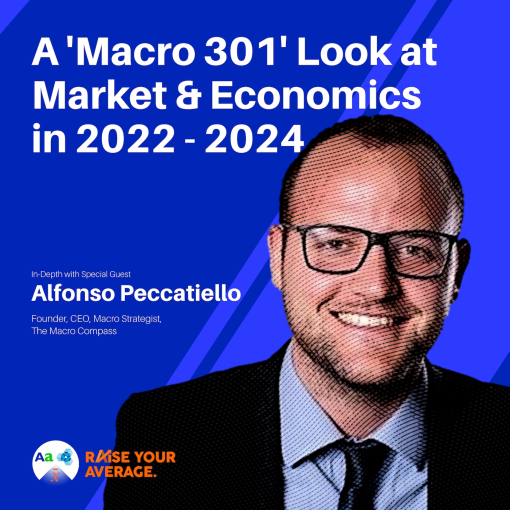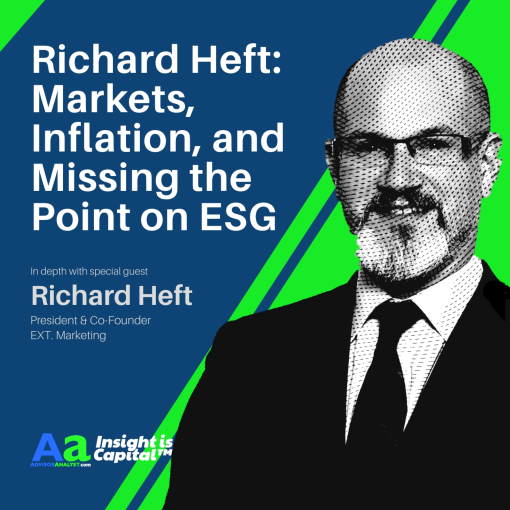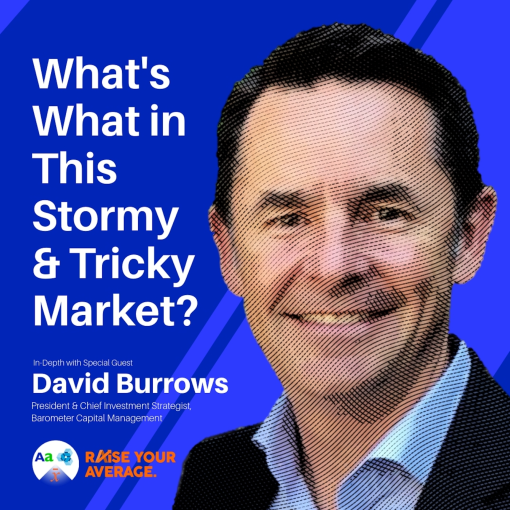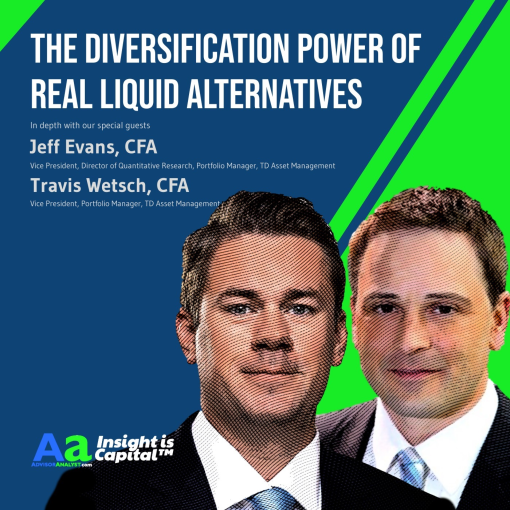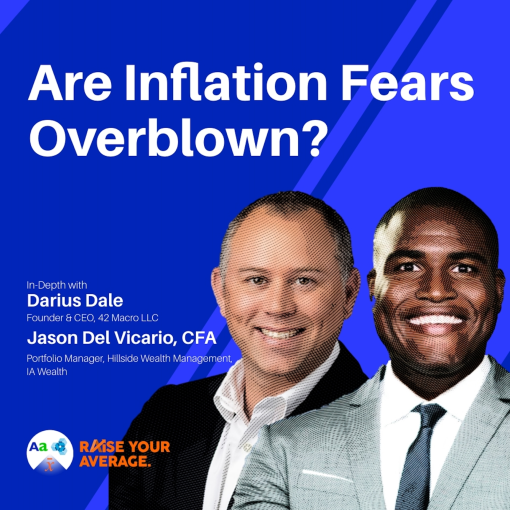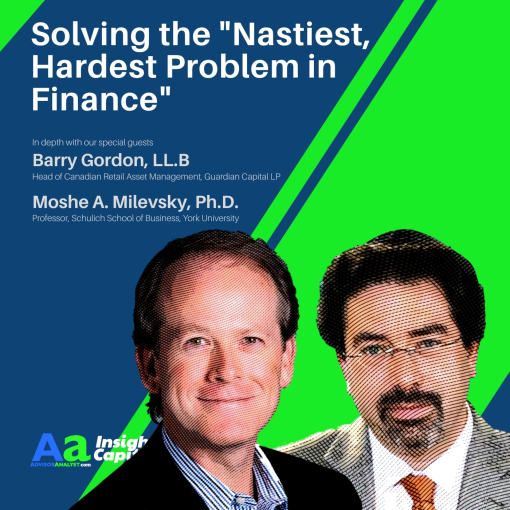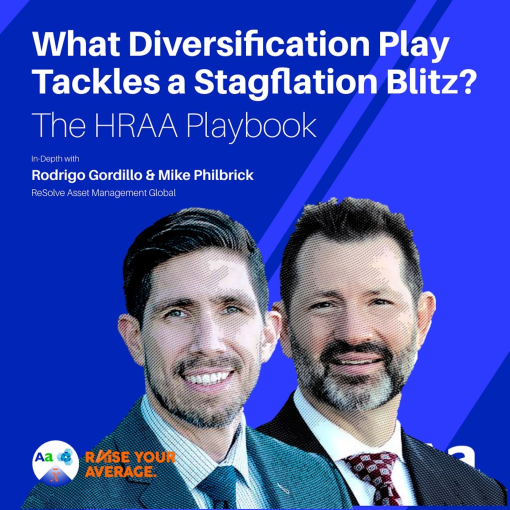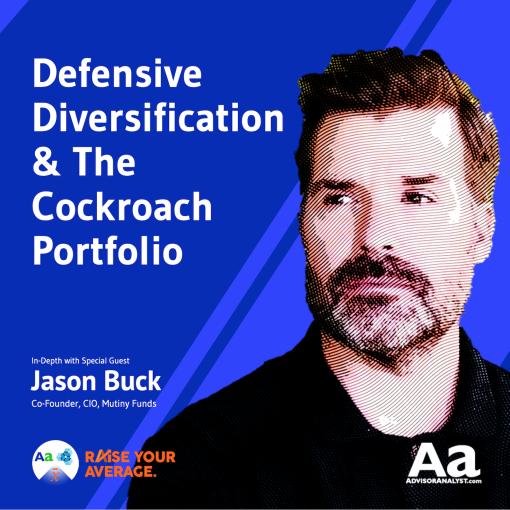Our guests on this episode are our co-hosts , Mike Philbrick and Rodrigo Gordillo. They are principals at ReSolve Asset Management Global. They happen to also be the sub-advisors to the Horizons ReSolve Adaptive Asset Allocation ETF ( HRAA:TSX ).
We talk about the chronic problem that the majority of us investors are UNDER-DIVERSIFIED. Profoundly under-diversified.
Why? Diversifiers are either ‘killing it’ or ‘killing you.’
The problem is that effective uncorrelated diversifiers underperform during benign market periods, and therefore wind up being under-invested during volatile down market periods. This time has been no exception, as most investors have discovered.
The past two years’ conversations on this show with some of the industry’s most interesting and successful thought leaders has been so highly instructive on this topic.It’s become obvious in all these conversations is that our fellow hosts Mike, Adam, and Rodrigo from ReSolve Asset Management not only love to talk about what they do, i.e. what they’re their cooking – they eat their own cooking.
So it’s fitting that today we’re going to be talking thoughtfully about how ReSolve ‘eats the free lunch’ of global diversification.
Having been in your shoes, as investors, as former advisors, and then as portfolio managers, Mike, Adam and Rodrigo and their firm, have been through multiple major market cycles. They each brought their personal experience and learnings of the last 20-30 years to the table and devoted the last 10-12 years to developing versions of what they do now at ReSolve Asset Management, in the strategies they manage and sub-advise.
They co-founded ReSolve Asset Management in order to break out on their own in September 2015 and began the process of offering their investment strategies to investors via separately managed accounts, mutual funds, hedge funds, and ETFs (HRAA is sponsored by Horizons ETFs) in both the U.S. and Canada.
The last three years, which have seen some the most volatile and unprecedented bouts of uncertainty and market fluctuations beginning with the Pandemic, and culminating in this years violent reaction to inflation volatility and rising policy rates, have been a rock-solid proving ground for ReSolve’s strategies.
YTD to September 21, 2022, HRAA has a positive return – during the same period that has seen the traditional assets of 60:40 portfolios get trounced, as inflation volatility, market volatility, and rising rates have moved sharply against both stock and bond values, broadly and at the same time.
We hope you enjoy our conversation – we get to the bottom of these questions:
– Where are we in the life-span of the last cycle’s winning 60:40 portfolio model?
– What are some diversifiers investors have been reaching for?
– What is different about ReSolve Asset Management’s investment approach?
– What is HRAA?
– How is HRAA possible?
– What is ReSolve’s Adaptive Asset Allocation framework?
– How does it work?
– What can you learn from it?
– How does ReSolve manage risk?
– How does the strategy provide tail risk protection?
– How can you begin to think about risk-balanced adaptive asset allocation and portfolio diversification?
– Where and how does it fit in a portfolio?
==================================
Where to find the Raise Your Average crew:
==================================
HRAA – Horizons ReSolve Adaptive Asset Allocation ETF
ReSolve Asset Management
ReSolve Asset Management Blog
Mike Philbrick on Linkedin
Rodrigo Gordillo on Linkedin
Adam Butler on Linkedin
Pierre Daillie on Linkedin
Joseph Lamanna on Linkedin
AdvisorAnalyst.com
